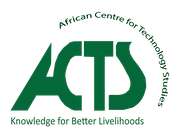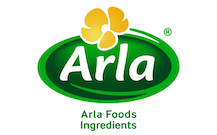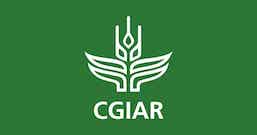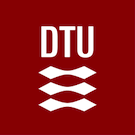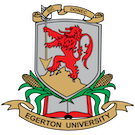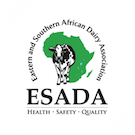Circular Bioeconomy for the Kenyan Dairy Sector
The Kenyan dairy sector is a leading food industry, contributing about 4% of national GDP. Consumption of dairy products is projected to double by 2030 with increasing shares of processed products such as yoghurt and cheese.
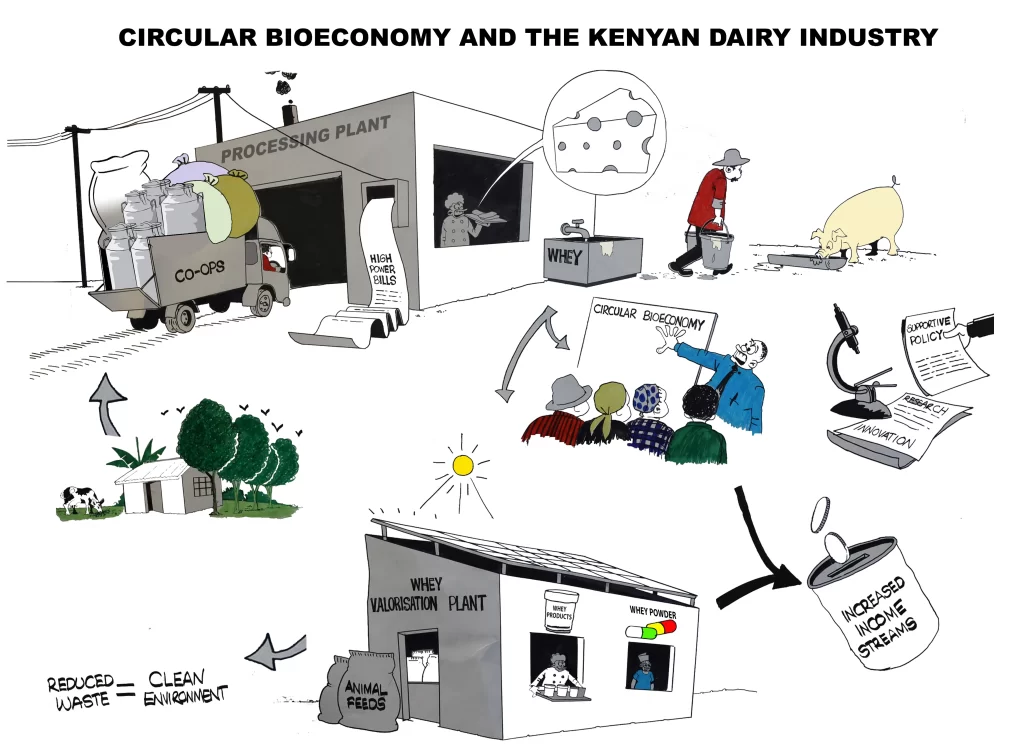
Exploring innovative strategies to improve the sustainability of the Kenya dairy industry
The workshop delved into techniques to add value to dairy processing sidestreams, such as whey from cheese production, turning them into profitable and environmentally friendly products.
Project Objectives
- Produce an integrated and comprehensive understanding of CBE potential and dynamics in LMICs with a focus on milk-processing.
- Create a foundation of bio-economic knowledge on which Kenyan dairy-industry stakeholders can act in applying biocircular principles to facilitate sustainable growth pathways.
- Increase the capacity to conduct research on CBE in LMICs, including training a new cohort of researchers with the skills to advance a research and innovation agenda in the growing CBE field.
About the project
In Kenya, dairy is a leading food sector, processing 634 million litres of milk in 2018 and contributing 14% of agricultural GDP and 4% of national GDP. Per capita per annum consumption of dairy products is over 110 litres and is projected to double by 2030 with increasing shares of processed products such as yoghurt and cheese. These trends will increase the volumes of sidestreams and waste, implying increased environmental risks but also opportunities for the valorisation of sidestreams such as whey into food or feed products. The Kenya Agricultural Sector Transformation and Growth Strategy (ASTGS) aims to increase the contribution of agro-processing to GDP by over 50% in the next five years. However, the strategy rests on a linear growth model and does not recognize the potential for CBE. Hence, implementing the ASTGS ‘as is’ without considering biocircular principles entails the risk that Kenya does not achieve its SDG commitments, particularly SDG 12: Responsible consumption and production patterns. For the rapidly growing dairy industry, the risk is that it will continue the depletion of energy, water and land resources, as well as generate GHG emissions and pollutant waste. The vibrancy of the dairy sector is anchored on the increasing domestic milk production and a growing demand for milk and dairy products. There are about 30 licensed milk processors, two of which process more than 60 percent of the total processed milk. About than 75 percent of the product is marketed through informal channels.
The rapid growth of the dairy industry in Kenya industry means generation of higher volumes and varieties of sidestreams due to increased processing and focus on food safety. A key premise of the research is that dairy firms are central value-chain actors and leverage points for sector-wide CBE development. Therefore, the VALORISE research focuses on studying the application of circular bioeconomy (CBE) principles in the evolving food-processing industry in low-income countries, with a specific focus on the growing and modernizing Kenyan dairy industry. Integrating CBE principles is one pathway toward a more sustainable industry, through valorisation of side streams; however, there has been limited understanding of its application in a country like Kenya. The scientific novelty of the project is in its integrated and comprehensive analysis of food processors’ conditions and motivations for experimenting with and developing new valorisation solutions.
VALORISE addresses several SDGs: SDG 12: Responsible consumption and production, specifically 12.3 (reduce food losses along production and supply chains) and 12.5 (reduce waste generation through prevention, reduction, recycling and reuse); SDG 2: Zero hunger, SDG 9: Industry, innovation and infrastructure, and SDG 13: Climate action.
News & Blogs

Dairy More than Milk- Accelerating the transformation of the African Dairy Sector for People, Planet and Profit
The African Dairy Conference held in Kampala Uganda from 11-15th September 2023 was a successful showcase of the steady progress and transformation of the sector in the region.
Project partners
The project is funded by Danish Ministry of Foreign Affairs and implemented by a consortium comprising the following partners: African Centre for Technology Studies (ACTS), Rosklide University, Denmark, Danish Technical University (DTU), Arla Foods, Denmark, Egerton University, The Alliance of CIAT and Bioversity, East and Southern Africa Dairy Association.
